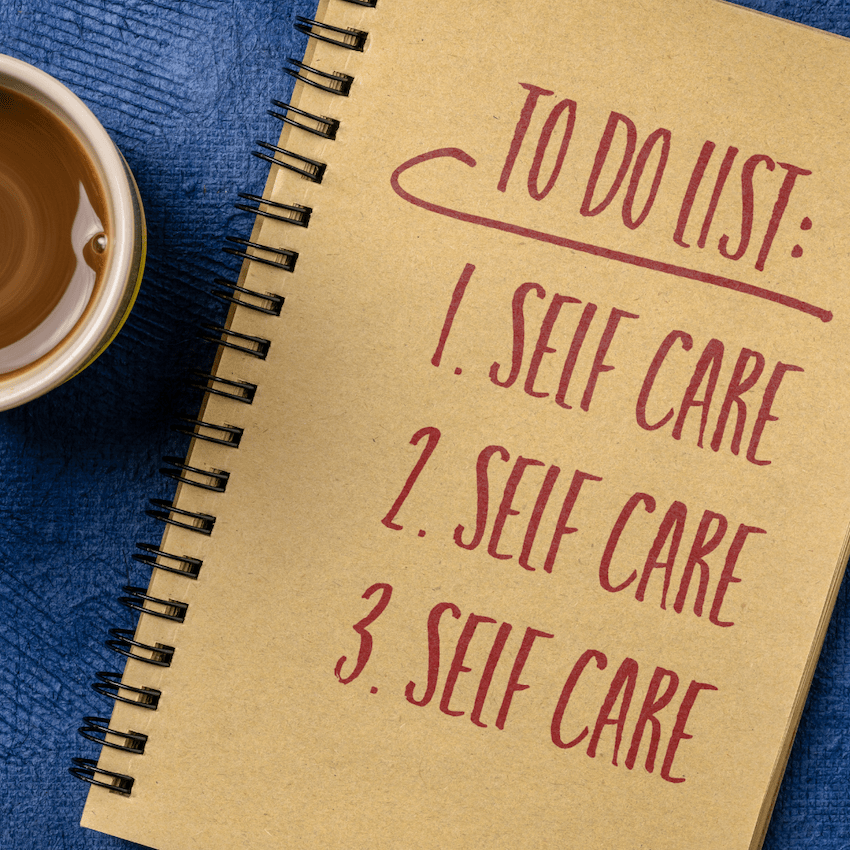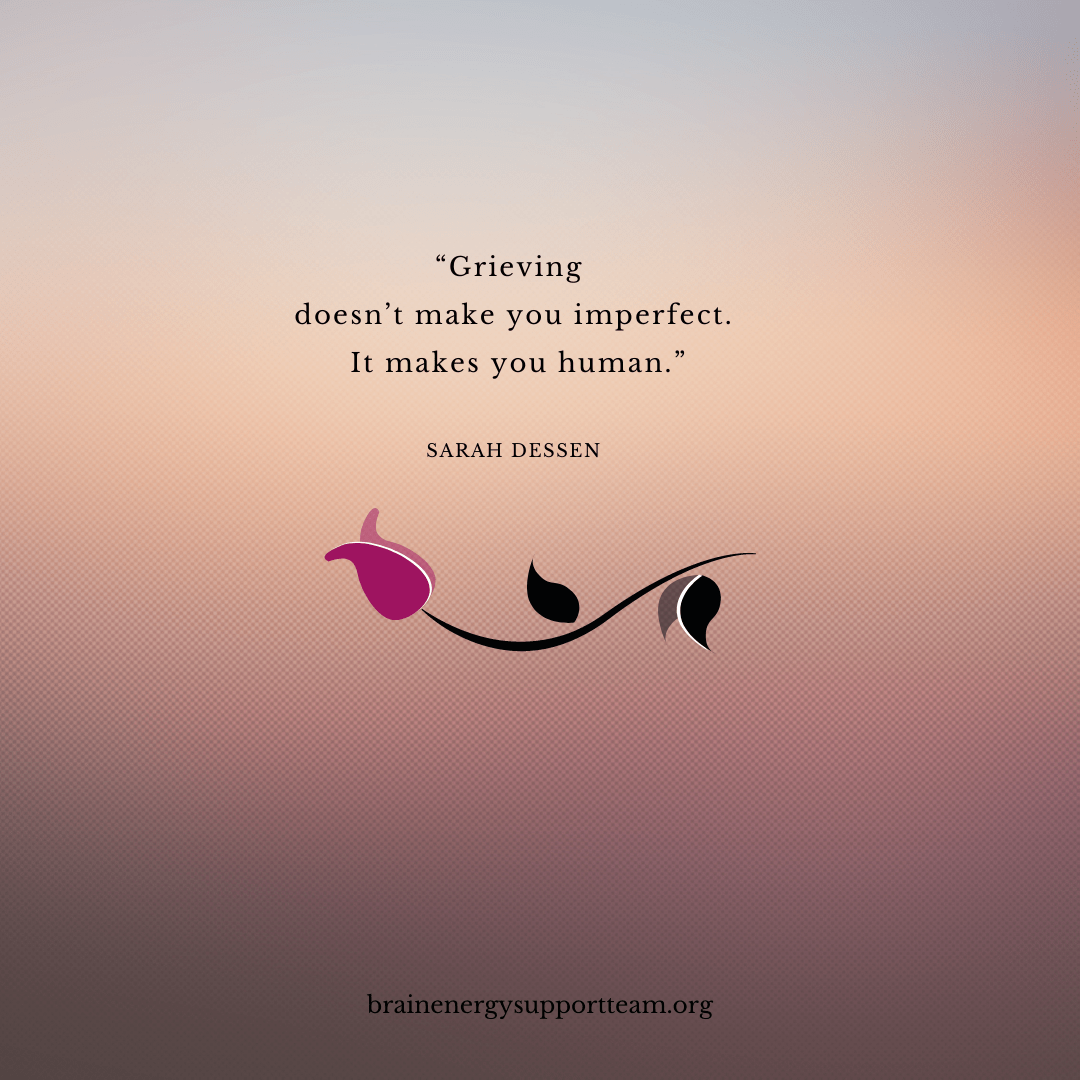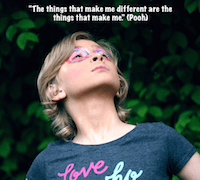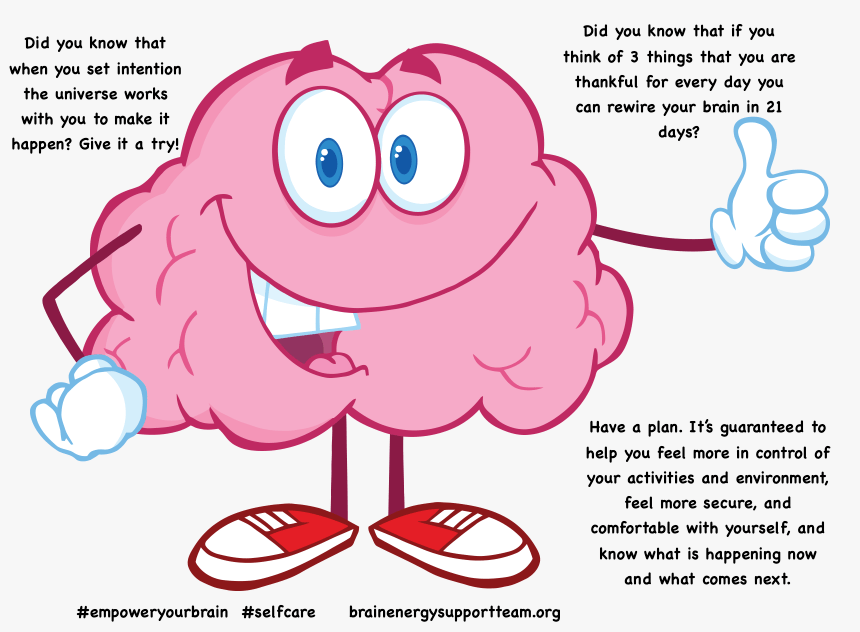Self-care can seem daunting. How often have we thought, I don’t have enough time? Or we think we have too much to do to take time out for ourselves. Sometimes it can even feel selfish to close the door and leave the world outside so we can be alone, even for a short time.
In this article I hope to help you slow down for just a moment and to share how the Japanese concept of wabi sabi can be the first step in a regular habit of self-care.
You may have heard of wabi-sabi in passing. Someone may have mentioned it in a video seminar you attended. You may even think it’s the green stuff that comes with sushi. Or, maybe, like me, you read about it as part of your efforts to take care of yourself during these turbulent times.
If you’re not familiar with wabi sabi, it’s a traditional Japanese concept derived from two verbs; wabu and sabu. From a Buddhist perspective, it embodies the impermanence and imperfection of life. The Japanese take it one step further to see the beauty in the imperfection. Think of it as the patina brass or silver gets over time or a garden bench after being out over the seasons.
While there isn’t a direct English translation for these words, wabi is about our inner being and experiences; inner peace, solitude, even a little nostalgia. Sabi, on the other hand, is about our experiences of the world around us as it changes; seeing the beauty of aging, fading flowers, and the change of seasons.
More than that, wabi sabi is about experiencing the imperfection of things; seeing things as they are without judgment.
After a brain injury, we often judge ourselves as “not as good as” we were before the injury. Many of us feel judged for not remembering, losing our words when our brain gets overloaded, or taking “too long” to get something done. Bringing the idea of wabi sabi to the way we see ourselves can be the first step in creating a habit of self-care.
What an empowering feeling to see ourselves as we are, embracing the beauty, and preciousness, without judging or comparing ourselves to someone or something outside of ourselves.
For today, let us accept who we are as we are. We aren’t perfect, we never were. There isn’t any right or wrong. In the spirit of wabi sabi there is only the truth of who we are in this moment without expectation of something else and without judgment.
This is self-care.
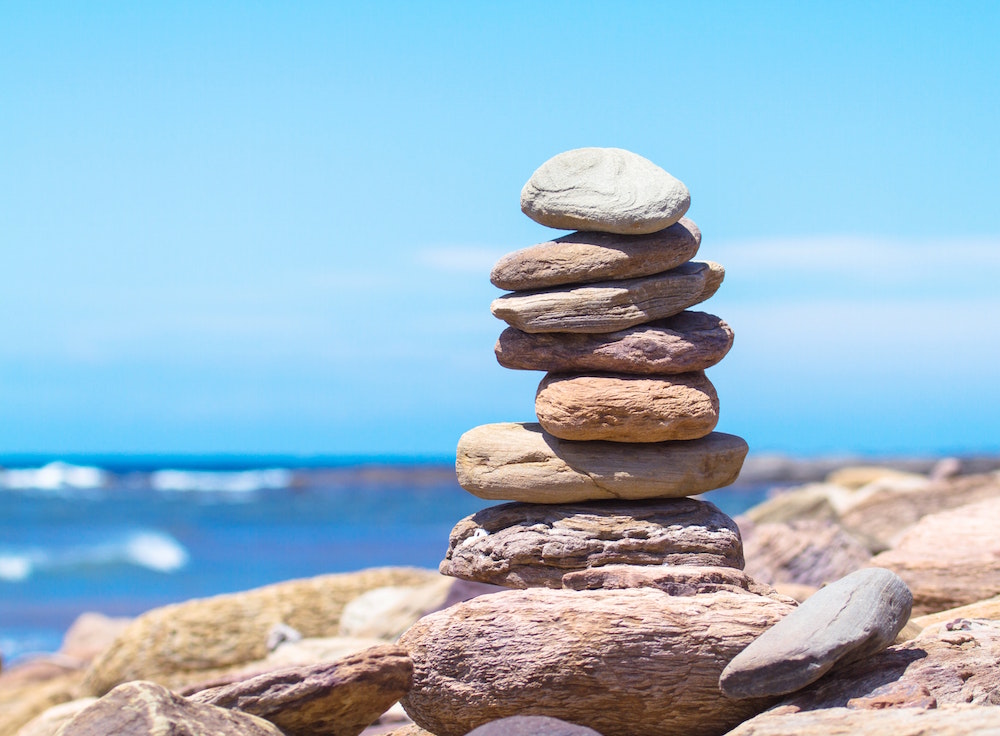
Download our free mindfulness worksheet that has a list of simple suggestions for daily self-care.
Please complete the captcha to download the file.
Download Mindfulness Today ChartBEST-Mindfulness-Today-Chart.pdf - 33.57 KB
Want to create your own? Download our blank chart.
Please complete the captcha to download the file.
Download Mindfulness Chart - BlankPersonal-Encouragment-Sheet-blank.pdf - 31.69 KB
 | Gloria's career as an independent nonprofit consultant, trainer, and writer spans over 30 years giving her lots to talk about. She has a deep passion for sustainability, both environmentally and organizationally. Enjoy her perspectives on life, community, development, and tales from her virtual world travels. |
|---|

